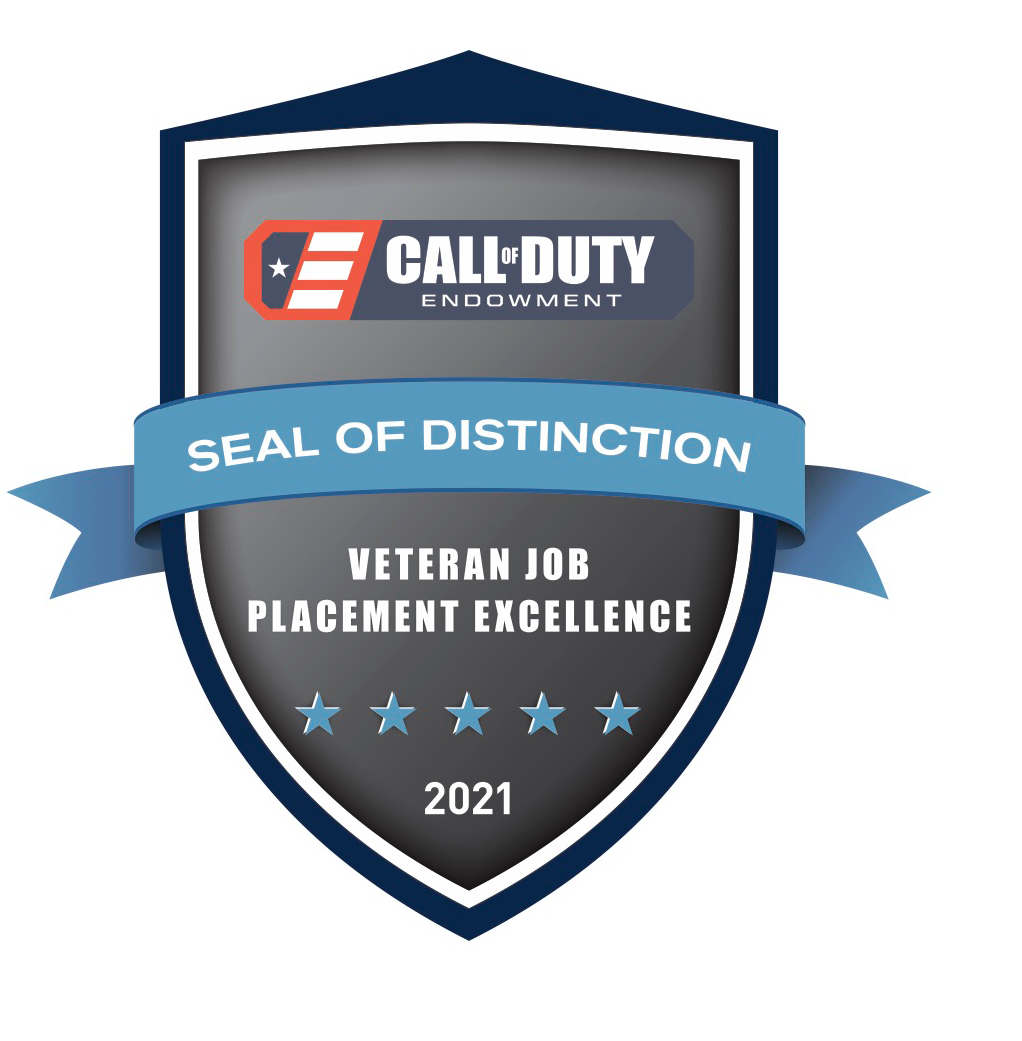From Service to Care: The Growth of Veterans in Healthcare

AMONG ONE OF THE TOP GROWING FIELDS FOR VETERANS TO ENTER, healthcare is a leading sector in welcoming this demographic into the workforce. According to the Center for Health Workforce Studies of the University of Washington, healthcare is the third most common industry for veterans to work in after their time in the service. This sector offers an array of opportunities from entry-level to more experienced roles, making it an industry that can welcome any skill set. Especially as the healthcare industry continues to grow with available opportunities—as of September 2022, the U.S. Department of Labor identified a 9.2% job opening rate within healthcare, equaling over 2 million jobs—the contribution of veterans to the healthcare industry will be more instrumental than ever.
As veterans navigate where their diverse skill sets fit into the healthcare field, Elizabeth Jones, a volunteer mentor for American Corporate Partners (ACP) and seasoned healthcare executive, shares some insights. Jones started as a nurse and grew into more senior roles in her tenure within the industry, and she feels that the scale at which veterans operate in the military makes them ideal candidates for the field. The decision-making skills required to maneuver and manage high-stress situations under a quick turnaround bring a new perspective that some individuals in the civilian world may not possess.
Nelson So, a US Army veteran whose primary duties resided within healthcare administration during his 26 years of service, works with Jones in an ACP mentorship. As Jones and So worked to prepare for his transition into the civilian world, So contemplated where he could continue serving and use his skill set. Upon reflection, he believes that the military teaches a strong work ethic, morals, values, leadership and the ability to collaborate and work toward a goal or mission that could overlap with the healthcare sector and be the key strengths veterans can offer. “There is always a mission to be done,” says So, adding that incorporating such a skill set will allow many veterans to continue to serve and build on their past skill development.
The resonating theme of continuing to serve a greater cause is what healthcare is also about. Healthcare jobs need to be filled, especially those who hold such work ethic and values, due to the dire need for professionals in the field in years to come. “[Veterans] deliver on the commitment to serve through patient care,” said Kerri Fisher, ACP mentor and medical unit manager for workers compensation with Travelers. Fisher states one of her main reasons for volunteering with ACP is to give back to the military community. As a mentor, she helps veterans develop the necessary skills to make a successful transition into the healthcare industry.
The level of impact a mentorship can offer transcends the 1-year-long timeline that ACP gives mentors and proteges to collaborate. Tim Quast, a retiree of the US Navy and physician for internal medicine, will soon be an ACP alumnus and plans to pay it forward since “people have been nurturing [veterans] along the way, both officially and unofficially.”
Please join ACP’s mission of giving back to our veteran community by filling out our Mentor Application at acp-usa.org/mentor. For those who would like to benefit from a mentorship, the veteran application can be filled out at acp-usa.org/mentoring-program/veteran-application.











